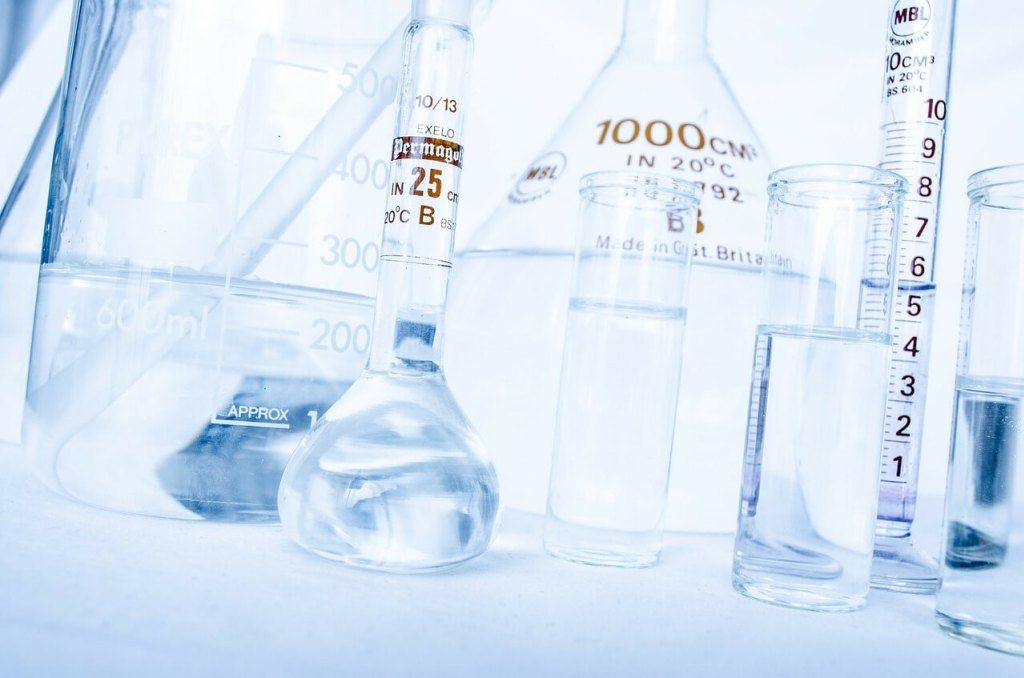
Gilsonite in chemical productions

Application of Gilsonite in Chemical Productions
Gilsonite combines with many other chemicals and materials that take advantage of its unique physical and chemical properties. Binder and coating applications in metallurgical, wood product, refractory, and other industries further demonstrate the versatility and usefulness of this remarkable material. This material is a non-toxic, non-carcinogenic and cost-effective replacement for natural rubber. Gilsonite is used as a solidifying agent in metal alloys. This material has a high carbon percentage which creates a reductive environment when added to melted steel. In shaping metals, natural bitumen is again used as a solidifying agent. Moreover, compared to other polymers, natural bitumen produces less smoke in high temperatures. Gilsonite as a solidifying and mixing material is used in steel desulfurization process. This material has volatile ingredients which facilitate the mixing of desulfurization chemical materials such as magnesium and hydrated lime. Moreover, it increases the percentage of the carbon added to steel and as soon as oxidation happens in high temperature, it creates a reductive environment. In the manufacturing of products such as clutch plates and brake parts is used using natural bitumen which is basically as a solidifying agent. This material is also used as an additive for increasing paint,s shade and in some cases for reducing friction. Furthermore, natural bitumen is used as insulated coatings for pipes. This material is a non-toxic gum with excellent adhesiveness. Anti-corrosion coatings which are chemically inert can be produced from Gilsonite. In the wood and carpentry industry, natural bitumen is used as a solidifying agent (glue). This material is waterproof and corrosion resistant. Since Gilsonite is a very hard resin, it produces very hard products. This material is also used in making paints and because of its chemical properties, it penetrates the surface of the objects which should be glued together. Moreover, a sticky material is produced from Gilsonite which is resistant against the destructing effects of ultraviolet light.
Gilsonite in Chemical Productions
- Gilsonite in chemical productions – natural asphalt has many industrial applications, including metal alloy processing, refractory, steel desulfurization, friction products, wood products, waterproof pipe coatings, and adhesives. It is a non-toxic, non-carcinogenic alternative to coal tar pitch as well as an economical alternative to mineral rubber.
- Gilsonite in chemical production – natural asphalt is used as a binder and mixing agent in steel desulfurization products. It has consistent volatiles that promotes mixing of the other desulfurization chemicals like magnesium and hydrated lime. It will also add carbon content to the steel and will provide a reductive atmosphere as it oxidizes at high temperatures.
- Gilsonite in chemical production – natural asphalt is used to make waterproof coatings for water pipes. It is a natural non-toxic resin with excellent adhesion properties. A corrosion-resistant, chemically inert pipe coating can be made from Gilsonite. The wood products industry also uses Gilsonite as a binder. It has excellent waterproofing and weather resistant properties. Because Gilsonite is a hard resin it will make a very hard particleboard.
